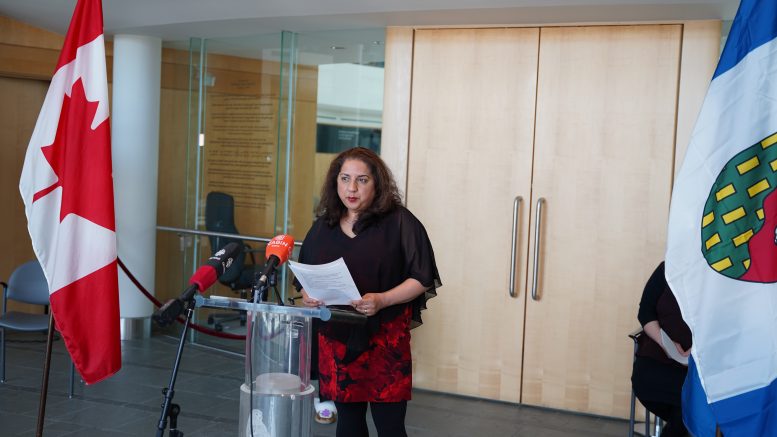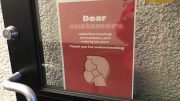Self-isolation requirements for fully vaccinated residents are anticipated to end in the “early summer.”
But not until certain vaccination thresholds are hit and the daily COVID cases across the country drop.
In a press conference Wednesday afternoon, Dr. Kami Kandola, the chief public health officer, laid out the pathway back to normal life.
An end in sight for self-isolation
In order for self-isolation requirements to be removed, the rest of the country must have a 66 to 75 per cent vaccination rate.
Additionally, there must be fewer than 1,000 daily COVID cases — there were 1,388 cases reported in Canada on June 9.
Dr. Kandola says the NWT will follow the weekly average of COVID cases country-wide, and not focus on the numbers of a single day.
“If we do start to see an increase above 1,000 cases over a weekly average, we need to stop and look at what’s happening,” she said.
When the vaccination rate rises and daily COVID cases drop, self-isolation requirements will be reduced for everyone.
Non-vaccinated people will need to self-isolate for 10 days, partially-vaccinated travelers will need eight days, and essential workers will need a negative test before working and will need to self-monitor symptoms and receive a day-14 negative test.
Fully vaccinated people will not need to self-isolate upon returning to the NWT.
Proof of vaccination
Residents will be able to prove they are fully vaccinated by requesting a vaccination record from the Northwest Territories Health and Social Services Authority.
However, in March residents were urged to wait to request those files because of a delay in the department’s ability to process them.
Julie Green, the territorial health minister, says residents can access their records both online and by going to a local health centre.
“It’s my understanding that by offering people a couple of different ways to get their health records that the pressure on the online portal has been reduced,” she says.
Changes within the territory
Some changes are going into effect immediately, including outdoor gatherings of up to 200 people.
Gatherings of over 200 will need to apply for special exemptions.
Indoor gathering restrictions are expected to ease in early July, meaning as many as 200 people can gather indoors.
But 66 to 75 per cent of the eligible population must be fully vaccinated or 75 per cent must be partially vaccinated for this to go ahead.
Dr. Kandola says if there are no further active cases, the mandatory mask order will be lifted in Yellowknife, Ndilǫ, Dettah and Behchokǫ̀ once the school year ends.









